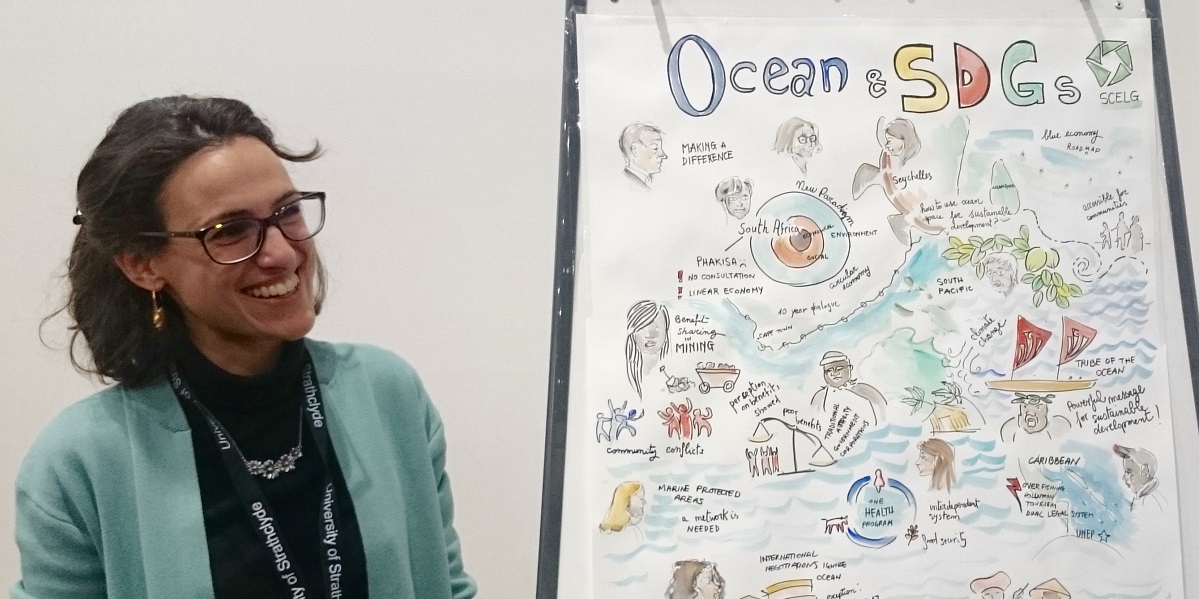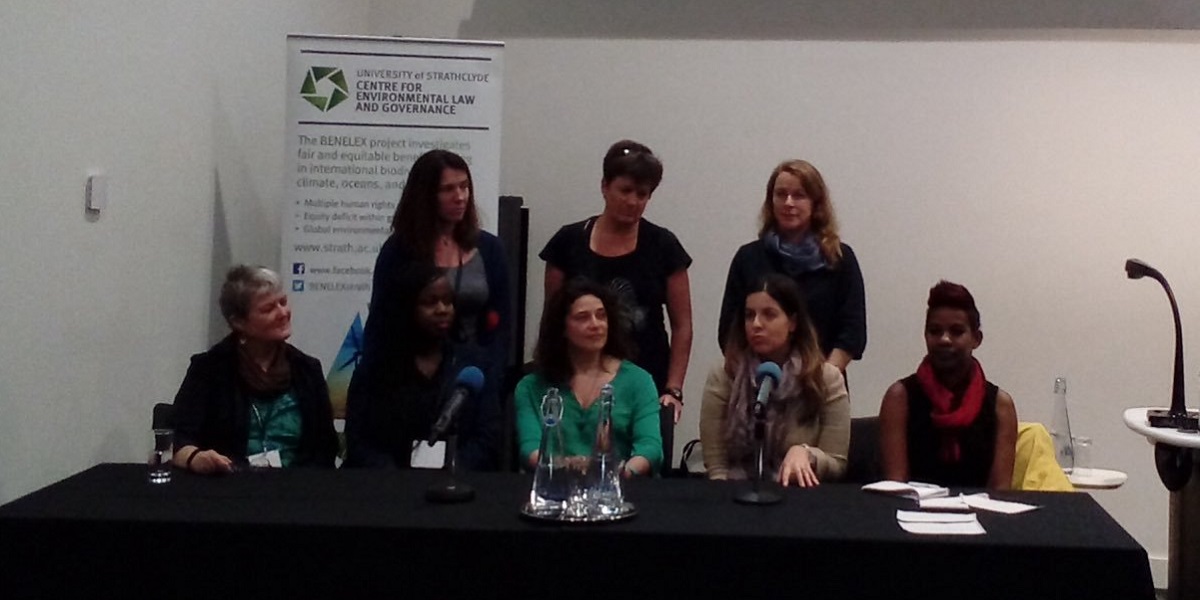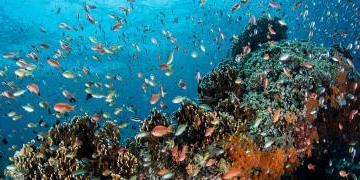Roundtable on the ‘Ocean's Contribution to the Sustainable Development Goals’
On 1 May 2018, the Strathclyde Centre for Environmental Law and Governance (SCELG) held a roundtable on the ‘Ocean's Contribution to the Sustainable Development Goals’. The roundtable brought together marine science, policy and legal experts from the UK, the Caribbean, Africa and the South Pacific to discuss recent advances and continuous challenges in marine science and global governance, shedding light on opportunities and bottlenecks for the integrated implementation of the Sustainable Development Goals.
The event was opened by the Principal, Professor Sir Jim McDonald, who offered examples of the cutting-edge research being carried out across the University of Strathclyde in relation to the ocean, as well as the efforts that the University is undertaking to ensure that this research is having a tangible impact on the ground. The Principal’s introduction highlighted the importance of interdisciplinary and cross-regional collaboration, bringing into focus the value of events such as the roundtable and the ‘One Ocean Hub Development Workshop’ as springboards for initiating dialogue and exploring options for greater synergy.




